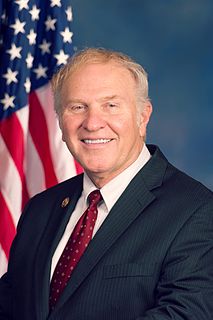A Quote by Colin Powell
A sense of shame is not a bad moral compass.
Related Quotes
The foundation of leadership is your own moral compass. I think the best quality leaders really know where their moral compass is. They get it out when they are making decisions. It's their guide. But not only do you have to have a moral compass and take it out of your pocket, it has to have a true north.
Moral Injury is differentiated from PTSD in that it directly relates to guilt and shame veterans experience as a result of committing actions that go against their moral codes. Therapists who study and treat moral injury have found that no amount of medication can relieve the pain of trying to live with these moral burdens.
I mean that it is more natural for me to be wicked than virtuous, when I do a bad act, and I've done many, I never feel wither shame, remorse or fear, I sometimes wish it was not necessary as I don't like the trouble, but as for any moral sense of principle, I haven't a particle. Many people are like me as actions prove, but they are not so frank in owning it and insist on keeping up the humbug of virtue.
Shame is the proper reaction when one has purposefully violated the accepted behavior of society. Inflicting it is etiquette's response when its rules are disobeyed. The law has all kinds of nasty ways of retaliating when it is disregarded, but etiquette has only a sense of social shame to deter people from treating others in ways they know are wrong. So naturally Miss Manners wants to maintain the sense of shame. Some forms of discomfort are fully justified, and the person who feels shame ought to be dealing with removing its causes rather than seeking to relieve the symptoms.
We have the - the longest, friendliest border, you know, for the - for the longest time in the history - in recorded history, really, with Canada. And they get to sit on their moral perch, you know, take the moral high ground, say, oh, United States, shame on you about Iraq. They make us look bad internationally. And it's really not fair.
Without a sense of the shame or guilt of his or her action, the child will only be hardened in rebellion by physical punishment. Shame (and praise) help the child to internalize the parent's judgment. It impresses upon the child that the parent is not only more powerful but also right. Like the Puritans, Locke (in 1690), wanted the child to adopt the parent's moral position, rather than simply bow to superior strength or social pressure.












































